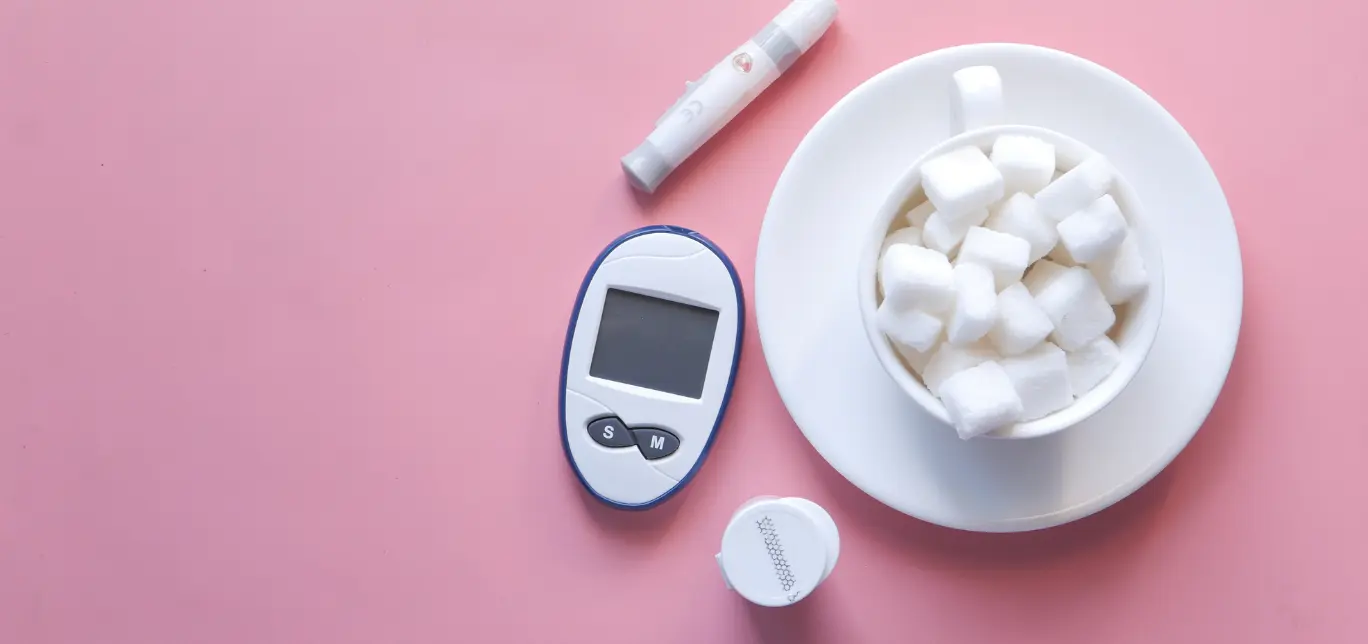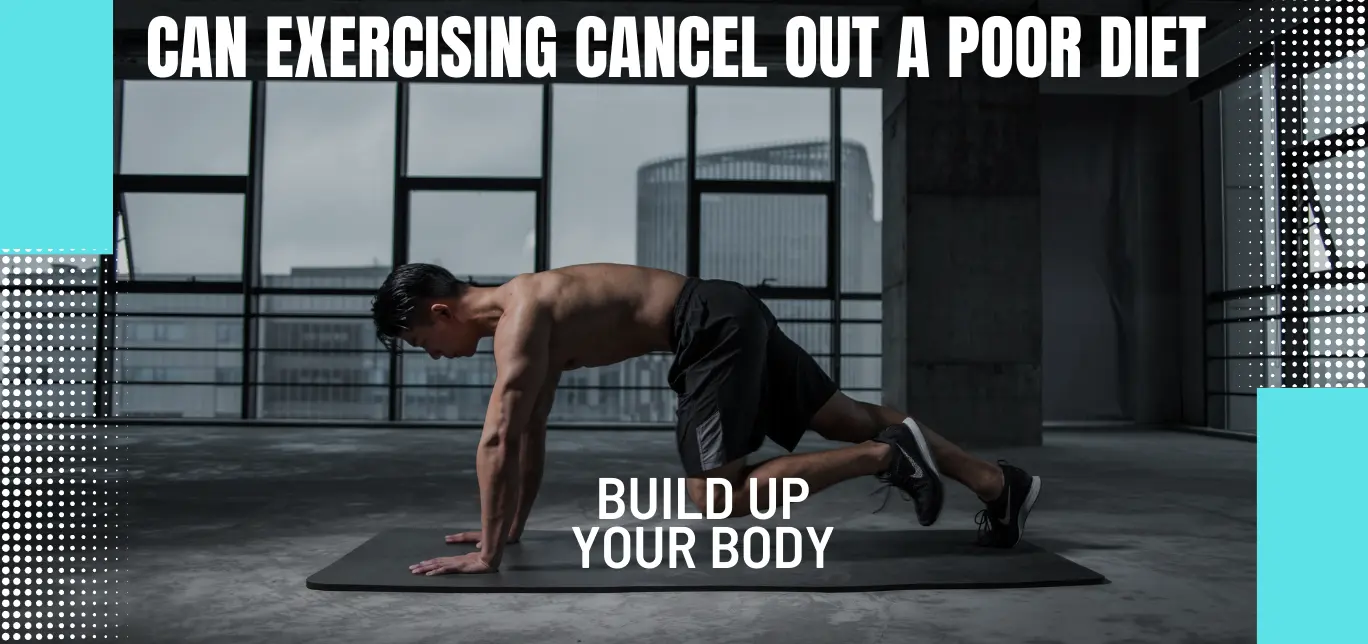Social media has become a crucial part of our daily lives as Nigerians, influencing the way we perceive ourselves and others. With the widespread use of social media platforms like Instagram, Facebook, and TikTok, etc, there has been a noticeable increase in the promotion of unrealistic beauty standards, leading to a concerning rise in eating disorders and body image issues. In this article, we will examine the link between social media and these impacts, as well as explore potential solutions too.

UNREALISTIC BEAUTY STANDARDS ON SOCIAL MEDIA
Social media platforms often showcase carefully curated and edited images of individuals, promoting an idealized and often unattainable standard of beauty. Filters, photo-editing tools, and carefully staged photos contribute to the portrayal of flawless,setting unrealistic expectations for users. Influencers and celebrities, who often have significant influence on these platforms, frequently promote specific body types and lifestyles that can be unattainable for an average person.
THE RISE OF EATING DISORDER AND BODY IMAGE ISSUES IN NIGERIA
As social media continues to perpetuate unrealistic beauty standards, there has been aparallel increase in the prevalence of eating disorders such as anorexia nervosa, bulimia nervosa, and binge-eating disorder. Individuals, especially adolescents and young adults, may develop unhealthy relationships with food and their bodies as they strive to emulate the unattainable standards portrayed on social media. Moreover, constant exposure to these images can lead to feelings of inadequacy, low self-esteem, and negative body image, further exacerbating the issue.
POTENTIAL SOLUTION
Conclusion
The impact of social media on body image and eating disorders is a complex issue that requires a multi-faceted approach. By acknowledging the detrimental effects of promoting unrealistic beauty standards and working towards solutions at both the company and user levels, we can strive to create a more positive and empowering online environment. Through increased awareness, critical consumption, and efforts from social media platforms and users alike, we can work towards mitigating the negative impact and working towards a culture and life of acceptance on social media.
Tags: Social media, Body Image







